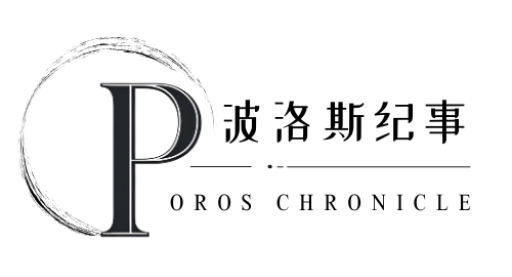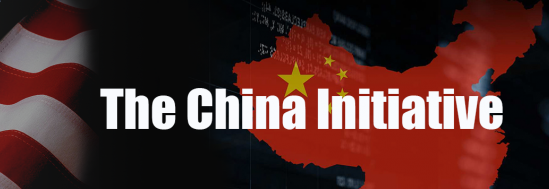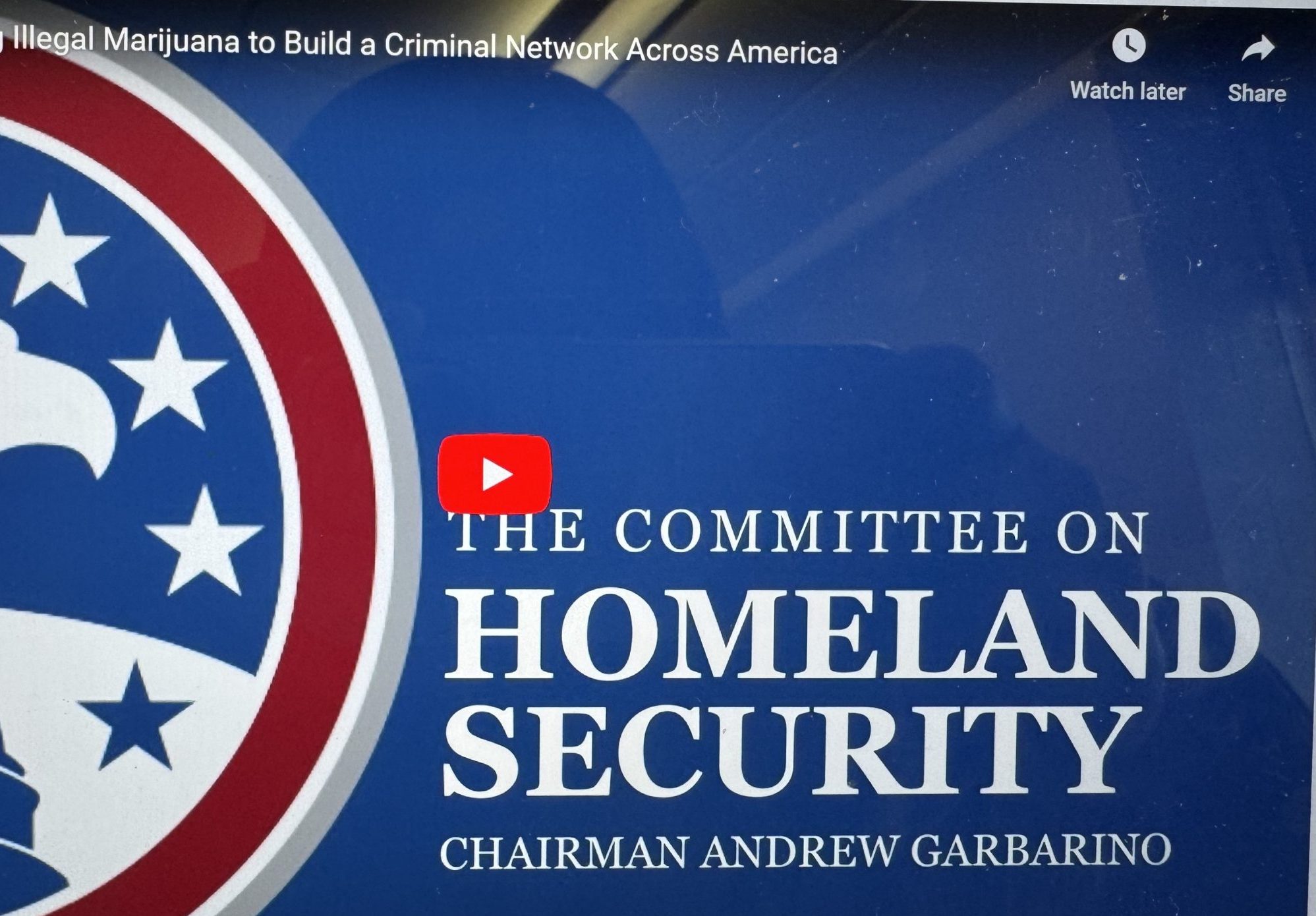On September 17, the Pew Research Center released a survey of 8,750 U.S. adults, revealing the public’s complex attitudes toward international students. The findings show that 79% of Americans believe admitting international students benefits both academia and the economy—a figure that has remained stable since 2021. However, when the question turns specifically to Chinese students, public opinion is sharply divided: 50% of respondents support restrictions, while 47% oppose them, making the issue a focal point of debate.
Americans’ support for international students is largely tied to their significant economic contributions. Data show that international students inject more than $40 billion into the U.S. economy each year. In the 2023–2024 academic year, U.S. universities welcomed a record 1.1 million international students. But enrollment is expected to decline in fall 2025, partly due to the Trump administration’s redesign of the student visa process and the deportation of several students involved in political activism. Public perception of the scale of international students is also skewed: only 12% correctly answered that they account for less than 10% of U.S. college students (the actual figure is about 6%), 45% said they were unsure, and over 40% overestimated the proportion.
To design the survey, Pew employed a “split-ballot experiment,” randomly assigning respondents questions about students from China, India, Nigeria, South Korea, and Canada. The results show that support for restricting Chinese students was significantly higher than for other countries: India (44%), Nigeria (42%), South Korea (41%), and Canada (34%). Meanwhile, 42% of respondents supported revoking visas for international students who publicly criticize U.S. foreign policy, while 56% opposed it. The partisan gap was striking: Republican support stood at 70%, compared with just 16% among Democrats.
Partisanship was a decisive factor overall. Ninety-three percent of Democrats supported admitting international students, compared with only 66% of Republicans. On restricting Chinese students, Republican support reached 67%, while Democratic support dropped to 38%. Age differences were also evident: Republicans under 50 were more open (76% vs. 56% among those over 50). On visa revocation, however, 82% of Republicans over 50 supported the measure, compared to 58% of their younger counterparts. Education also played a role: bachelor’s degree holders were more likely to support admitting international students (87% vs. 76%), though within the Republican Party, attitudes toward restricting Chinese students were consistent regardless of education level.
Underlying these divisions are the ripple effects of tense U.S.-China relations. Since the launch of the “China Initiative” in 2020, Chinese American students have faced stricter visa scrutiny, and some media outlets have linked them to “espionage risks,” reinforcing stereotypes of foreigners as potential threats. Experts are calling on policymakers to strike a balance between security and inclusiveness, reduce stigmatization of Chinese American students, and encourage media to highlight their contributions in order to repair the trust fractured by the collapse of the “model minority” myth. Meanwhile, Chinese American communities are hoping for more bipartisan dialogue to ensure greater fairness in education policy.



